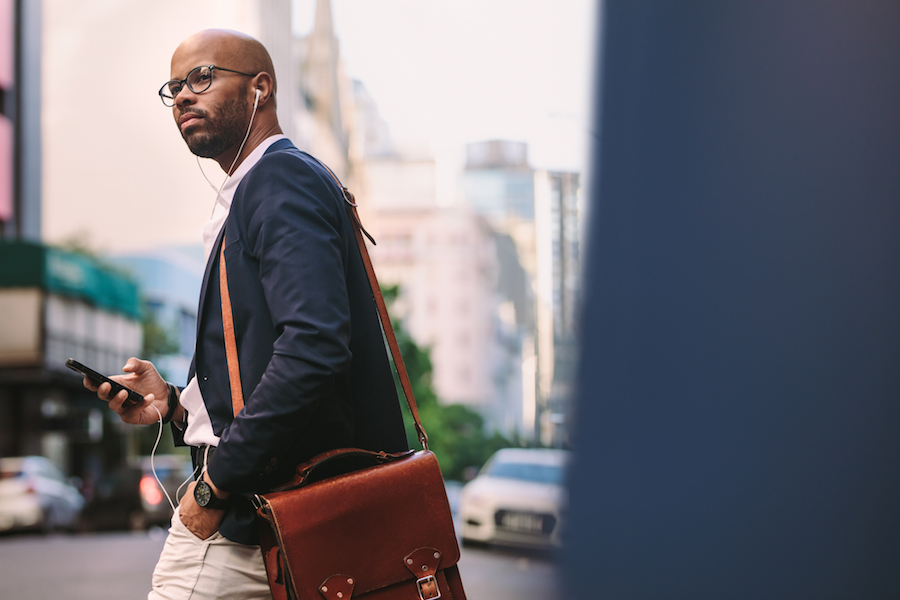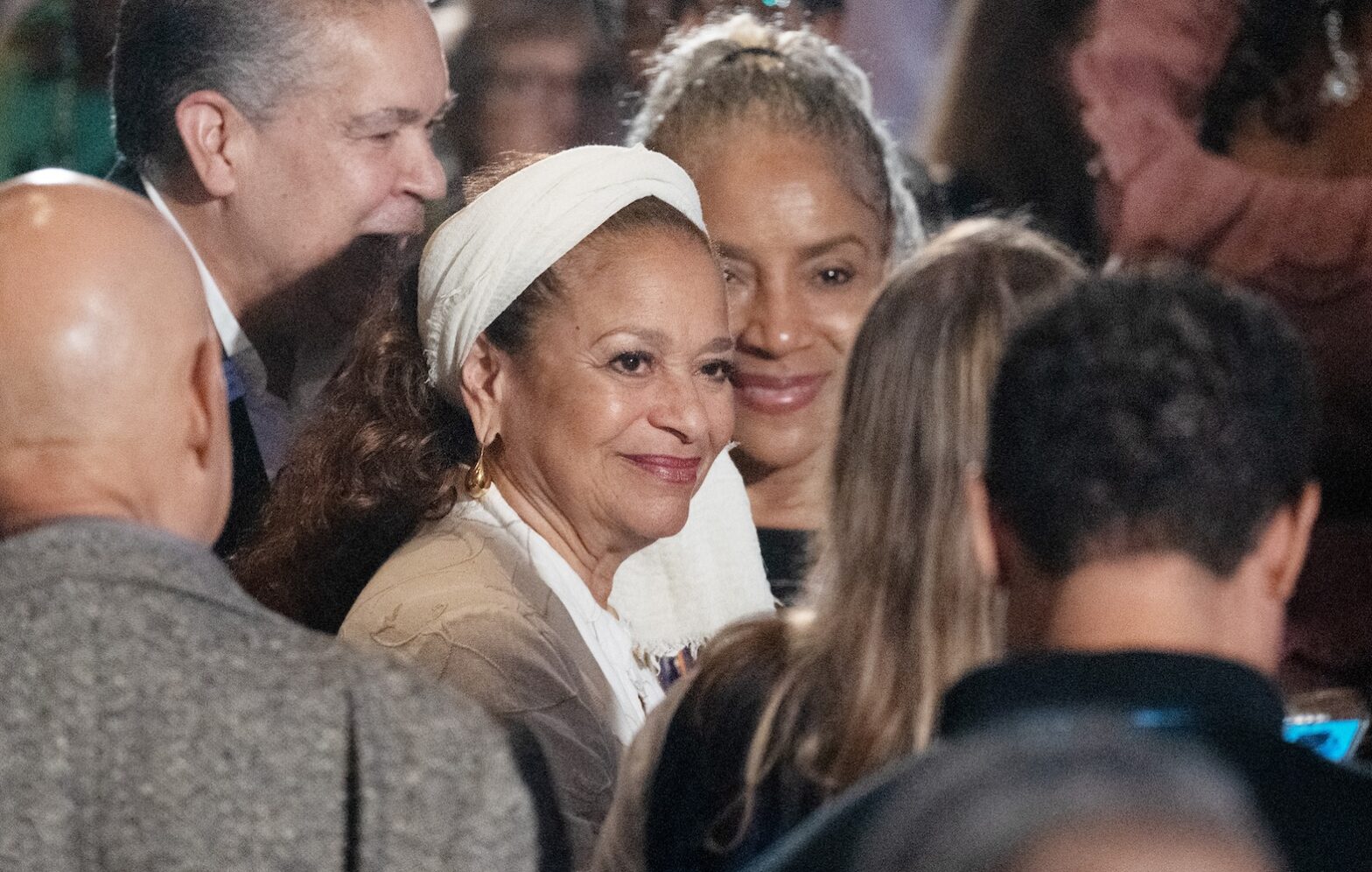Since the launch of ride-sharing apps, there have been numerous reports and viral social media posts that have demonstrated discrimination from drivers against passengers of color.
Platforms like Uber and Lyft have responded to reports of bias by firing those drivers and eliminating information about riders’ gender and race from the ride requests presented to drivers. But a new study has found that even with the changes, Black and LGBTQ passengers are still subject to longer wait times and more cancellations than white riders.
“By removing the ability to see information before the drivers accepted a ride request, the hope was that all of the bias we were observing would cease to exist,” Chris Parker, an assistant professor of information technology and analytics at American University to NBC News. “But after the change was instituted, we suspected that there’s still the problem of some drivers not wanting to pick up certain passengers.”
To test this theory Parker collaborated with Jorge Meija, who serves as an assistant professor of operations and decision technologies at Indiana University. Together, they co-authored the study, “When Transparency Fails: Bias and Financial Incentives in Ridesharing Platforms.”
They created accounts with multiple rideshare profiles. Each passenger had a 4.8 out of a 5.0 rating but the profiles differed in passenger names and pictures.
The profiles created was for a black woman named Keisha or Latoya, one for a black male named Rasheed or Jamal, one for a white female named Emily or Allison and one for a white male named Brad or Greg.
At least 92 percent of people perceive Emily, Allison, Brad and Greg as Caucasian names and Keisha, Latoya, Rasheed and Jamal to be black names, according to a 2004 study, which is why the researchers used these names.
In addition, Parker and Meija used rainbow filters on some of the profiles to let drivers know that a potential passenger was LGBTQ or supported the LGBTQ community, as reported in NBC News.
The study found that after 3,200 such ride-hail attempts, both black men and black women were almost three times more likely to be canceled on than those with white-sounding names or white profile photos. LGBT people were twice as likely to have their drivers cancel, according to the study.
One key aspect Parker said they found in the research was that black riders were less likely to get canceled on during peak hours, which is likely because drivers view the heightened cost of such rush-hour trips as an increased incentive.
Parker told NBC News that he recommends platforms and policymakers to reflect on the type and timing of information they give to rideshare drivers and suggests that platforms consider penalizing drivers by moving them down the priority list when they exhibit biased cancellation behavior or rewarding them when they exhibit especially low cancellation rates for minority riders.





